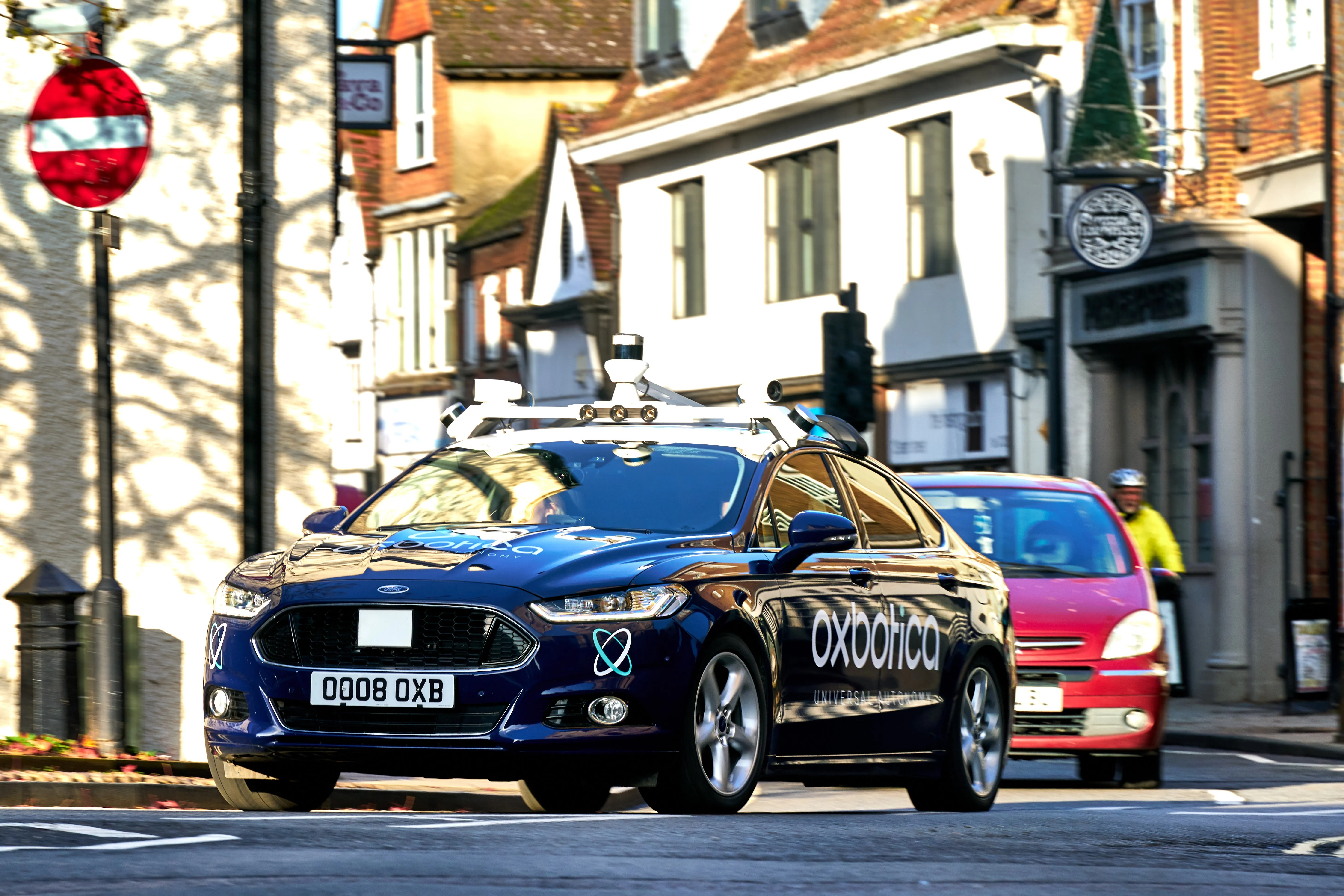“The car battery remains the greatest barrier and most promising opportunity to bringing EVs mainstream.” said Aaron Knobloch, principal investigator and mechanical engineer at GE Global Research. “Improvements in the range, cost and life of the battery will all be needed for EVs to be competitive. With better sensors and new battery analytics, we think we can make substantial progress at increasing battery life. This, in turn, could help bring down its overall cost and the cost entitlement of buying an electric car.”
To improve the life and reduce the lifecycle cost of EV batteries, GE will combine a novel ultrathin battery sensor system with sophisticated modelling of cell behaviour to control and optimise battery management systems. Today’s sensors on EVs and plug-in hybrid vehicles (PHEVs) measure the health of the battery by looking at factors such as its temperature, voltage, and current. However, these measurements provide a limited understanding of a battery’s operation and health. The goal of the ARPA-E project will be to develop small, cost effective sensors with new measurement capabilities. Due to their small size, these sensors will be placed in areas of the battery where existing sensor technologies cannot be currently located. The combination of small size and ability to measure new quantities will enable a much better understanding of battery performance and life.
A group of scientists from the
The use of sensors in conjunction with real-time models will enable novel algorithms that optimise how the battery system is managed to extend its life. To demonstrate the capabilities of the sensor system and analytics, Ford will integrate them into one of their vehicles for validation.








